Obituary: Bradford Blaine
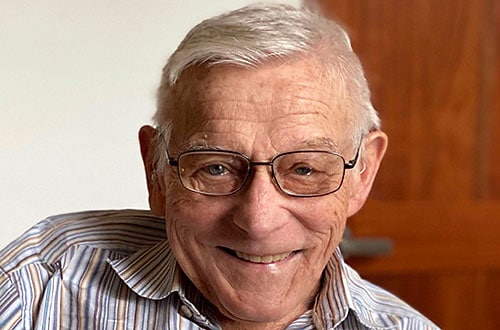
Esteemed Scripps College professor, Presbyterian elder, US Army veteran
Bradford “Brad” Blaine died in Claremont on April 14 at the age of 89 after a prolonged illness.
For more than three decades, he had a monumental presence at Scripps College, where he was oftentimes referred to as “Mr. Scripps.”
Born in Cedar Rapids, Iowa to Bradford B. and Elsie G. Lane, his biological father died when he was two years old and he was subsequently adopted by his mother’s second husband, Arch C. Blaine.
Professor Blaine received his bachelor’s and master’s degrees in medieval history at Stanford University before attending UCLA for his PhD. While at Stanford, he met the love of his life, Mary Anne Chapman, and they were married in 1954.
Professor Blaine was assistant dean of men at both Stanford and the University of Oregon. He also served as an officer in the infantry division of the United States Army, before taking on a brief instructorship in history at Fullerton College.
In 1964, he was named assistant professor of history at Scripps College, where he would later become the Wilbur Kitchener Jordan Professor of European Civilization.
At Scripps, Professor Blaine was a staunch supporter of the humanities; he believed them to be at the core of a successful liberal arts curriculum. His research in medieval studies, along with his pronounced penchant for pre-modern Europe’s military science, inventions and architecture, constituted a significant contribution to the academic underpinnings of early technology associated with the Scripps humanities program.
Professor Blaine generously shared his expertise in his field of intellectual inquiry, publishing articles and book reviews, chairing professional society meetings across the country, and even curating a fascinating exhibition at the Clark Humanities Museum, “Medieval Monumental Brasses.”
As he once wrote, “What is more fun than talking about the Middle Ages, that millennium of human experience in which may be discerned some of the critical catalytic forces and fundamental elements of our being? It is a legacy which I find a joyful fascination to contemplate and discuss.”
The joy of teaching and learning were central to Professor Blaine’s concerns as he indefatigably urged his students to “exult in Scripps’ unique traditional interdisciplinary humanities program.”
Devoted to his students, Professor Blaine was instrumental in encouraging them to surpass their aspirations and attain their loftiest goals.
Julie Cornell, a former student from the class of 1978, regards herself as the self-anointed “Brad-Fan-in Chief.” She wrote that “The Tales of Brad were one of the greatest gifts we received from a Scripps education. Many a Scripps woman was regaled with his explanations of war, pillage, techno-maniacal descriptions of How-Things-Work, odd behaviors of warring knights and monks, and we loved every minute of it! Without a doubt, The Tales of Brad were legendary—and they were enormously fun.”
After having taken his classes, many of Professor Blaine’s students were inspired to study abroad. One of them wrote from Paris: “Dear Professor Blaine, Here I am in Paris. Yes, the Middle Ages are everywhere apparent. And it is so much fun. I enclose a picture of me standing high in a balcony on the Western façade of Notre Dame, next to a gargoyle, and thinking of you.” Professor Blaine later noted that he took the gargoyle reference as a compliment.
Highly respected by his faculty colleagues, Professor Blaine was time and time again called upon for advice on important issues related to academic excellence. His mentoring and informed leadership proved invaluable when he served as interim dean of the faculty and, even more importantly, as a member of the Scripps College Board of Trustees from 1999 until his death. He was the only professor in over half a century, and perhaps in the history of the college, on which this exceptional honor was bestowed.
Professor Blaine also served on the boards of Claremont Heritage, the Rancho Santa Ana Botanic Garden and Mt. San Antonio Gardens. In 1982, he was ordained a deacon at Claremont Presbyterian Church and eventually became an elder there. He was a member of Phi Alpha Theta, the national honor society in history.
Professor Blaine is survived by his beloved wife, Mary Anne; his sons, Brad Jr. (Belinda) and Andrew (Leigh); and his granddaughters Megan, Ellen and Sarah.
“Dad met me for dinner at Yiannis every Tuesday night for my entire four-year stint at Pomona College,” Brad Jr. fondly recalled. “He came each night with wisdom, cheer, and, oh yes, expectations. The wisdom and cheer won out each time. I still find him there, when I need to talk. Or he does.”
Professor Blaine will be sorely missed by his former students and colleagues, all of whom admired him greatly and cherished his infectious smile and inimitable brand of friendship.
A memorial service will be held at Scripps College at a future date.
Gifts in memory of Professor Blaine may be made to Scripps College, directed to the Brad and Mary Anne Blaine Endowed Scholarship in Early European History or the Brad and Mary Anne Blaine Faculty Lecture Series, at www.scrippscollege.edu/giving.
This obituary was written by Eric T. Haskell, Professor Emeritus of French Studies and Humanities and Director Emeritus of the Clark Humanities Museum at Scripps College.





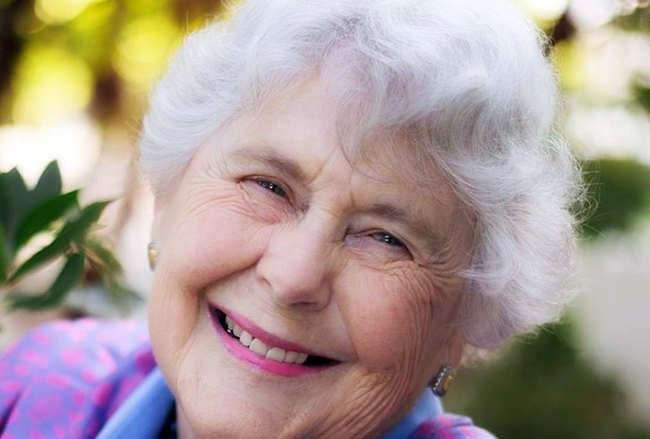
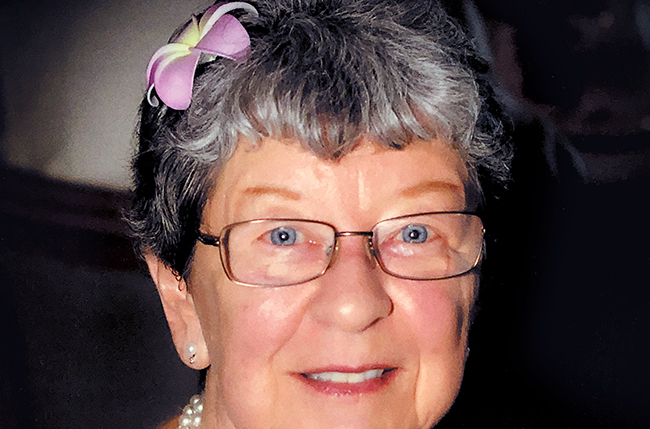
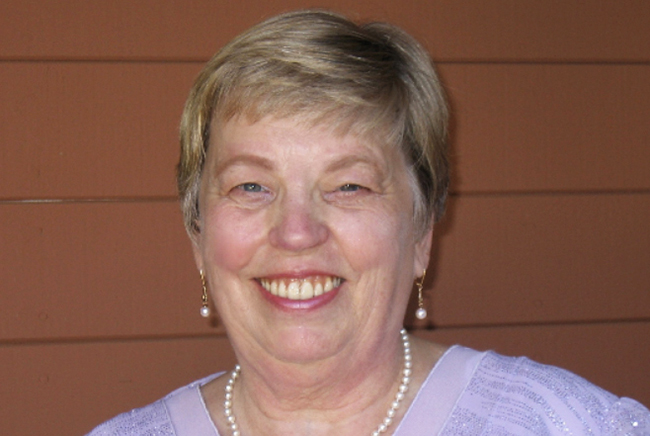
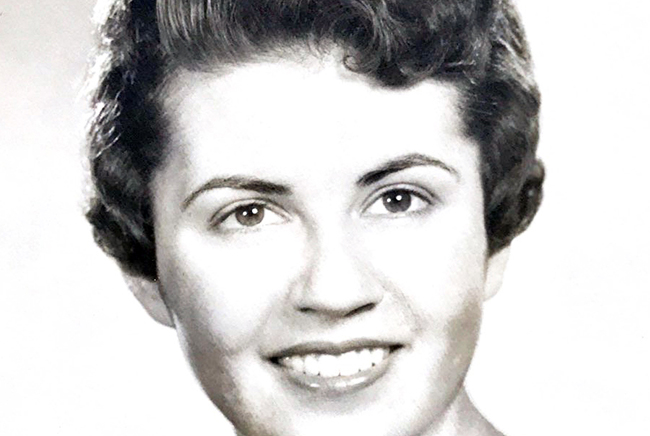

0 Comments